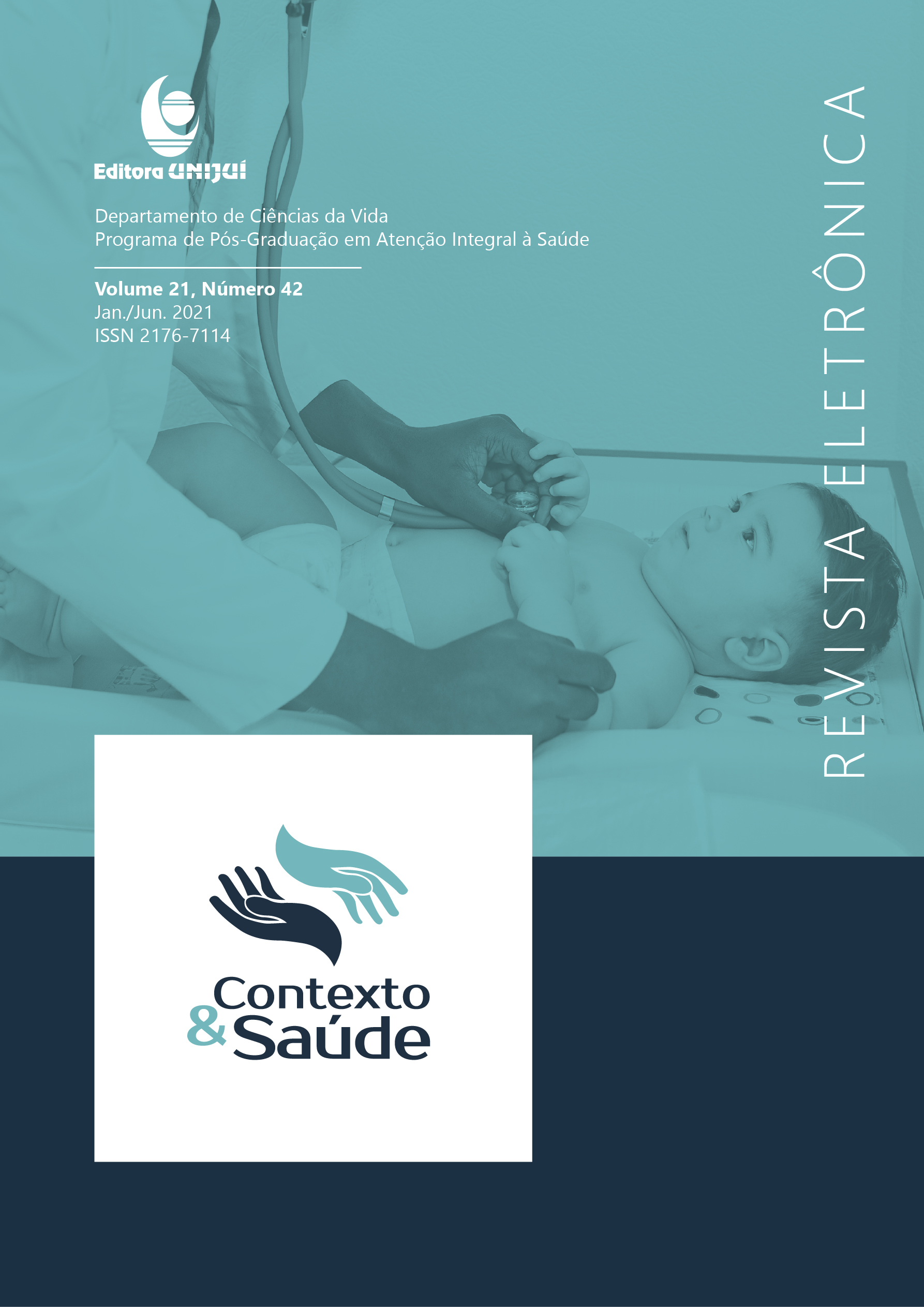AVALIAÇÃO FISIOTERAPÊUTICA AQUÁTICA PARA CRIANÇAS: UMA REVISÃO INTEGRATIVA
AQUATIC PHYSIOTHERAPY ASSESSMENT FOR CHILDREN: AN INTEGRATIVE REVIEW
DOI:
https://doi.org/10.21527/2176-7114.2021.42.11551Keywords:
Physical Therapy. Hydrotherapy. Child. Assessment.Abstract
The human development process is complex, dynamic, and needs special attention during childhood. As a result, physiotherapeutic methods of evaluation are necessary to monitor, measure, and compare the evolution of comportments and motor skills. Diverse possibilities of experiences and learning in watery are created by Aquatic Physiotherapy with children, allowing a playful approach. The objective of this research is to track studies of aquatic intervention programs in the literature, seeking to identify assessment methods that have been used and applied to children, both in the aquatic environment and on the ground, through integrative review. This paper's objective is to search studies of aquatic intervention programs in literature and identify evaluation methods in water or soil. The paper is an integrative review article in which the articles were selected by keywords exchange that occurred in the Virtual Health Library (VHL) database. The search found 34 papers, of which 6 met the criteria, and those were the articles selected for reading in full. After reading, one document had aquatic evaluation as a subject, which evidences a lack of evaluation methods in this environment, mainly with children, pointing out the need for studies about new forms of aquatic assessment.
Downloads
Published
How to Cite
Issue
Section
License

This work is licensed under a Creative Commons Attribution 4.0 International License.
By publishing in Revista Contexto & Saúde, authors agree to the following terms:
The works are licensed under the Creative Commons Atribuição 4.0 Internacional (CC BY 4.0) license, which allows:
Share — to copy and redistribute the material in any medium or format;
Adapt — to remix, transform, and build upon the material for any purpose, including commercial.
These permissions are irrevocable, provided that the following terms are respected:
Attribution — authors must be properly credited, with a link to the license and indication of any changes made.
No additional restrictions — no legal or technological measures may be applied that restrict the use permitted by the license.
Notes:
The license does not apply to elements in the public domain or covered by legal exceptions.
The license does not grant all rights necessary for specific uses (e.g., image rights, privacy, or moral rights).
The journal is not responsible for opinions expressed in the articles, which are the sole responsibility of the authors. The Editor, with the support of the Editorial Board, reserves the right to suggest or request modifications when necessary.
Only original scientific articles presenting research results of interest that have not been published or simultaneously submitted to another journal with the same objective will be accepted.
Mentions of trademarks or specific products are intended solely for identification purposes, without any promotional association by the authors or the journal.
License Agreement (for articles published from September 2025): Authors retain copyright over their article and grant Revista Contexto & Saúde the right of first publication.

